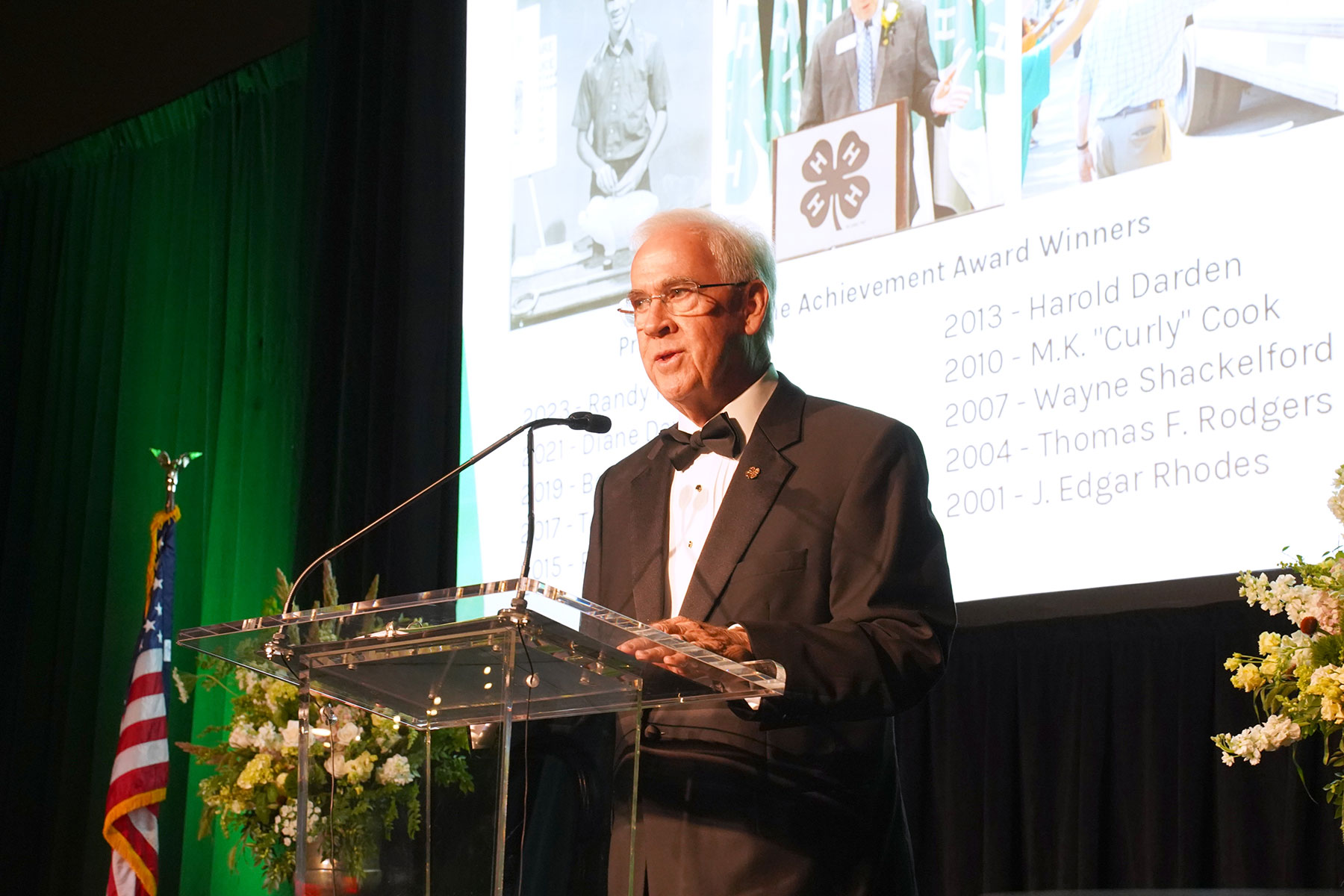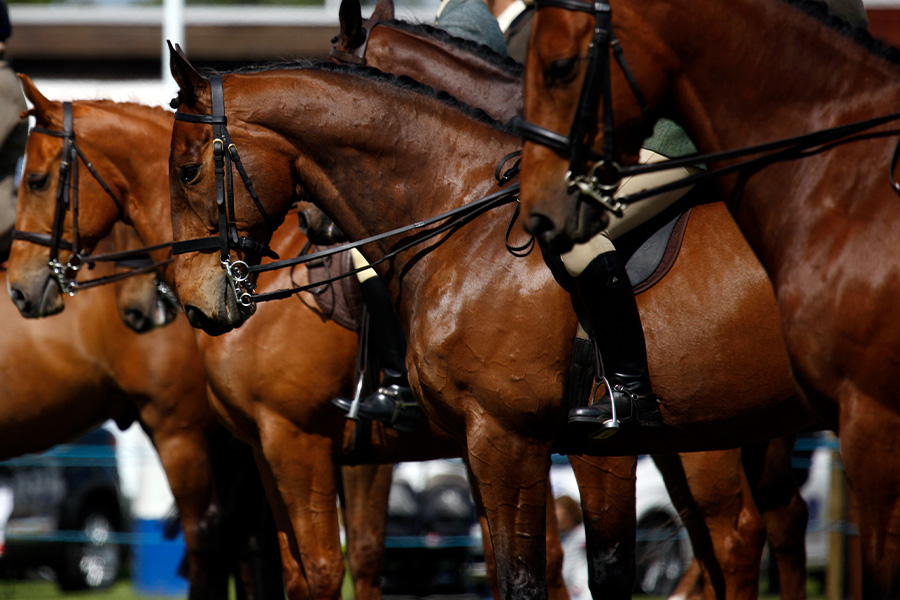By Dan Rahn
University of Georgia
In a country clouded by a deep suspicion of foods from cloned
animals, a little Sunshine may help soften consumers’ fears.
Born on the coldest night of the year in mid-December, Sunshine
is a female calf that’s just like countless other calves born
around the country.
The only thing special about Sunshine is her mama, KC, the first
cow ever cloned from cells collected from a dead cow. KC was
named after the kidney cell from which she was cloned after it
was taken from a side of beef in the freezer.
“She’s a beautiful calf,” said Steve Stice, the University of
Georgia scientist who directed the team of scientists who cloned
KC. “This is not a great scientific feat. It’s just another
indication that cloned animals can reproduce and have normal
offspring.”
Perfectly normal
Sunshine’s birth was so perfectly unremarkable that most
Americans’ disapproval of animals like her seems hard to justify.
She got her start when KC was artificially inseminated with semen
from an Angus bull. She was born naturally in the middle of the
night without human help. She’s alert, lively and the right size
for a calf born to a first-calf heifer — 72 pounds.
“KC is a great mother,” said Allison Adams, a former UGA graduate
assistant who worked with Stice on the project, along with Kate
Hodges, another former UGA graduate assistant.
Polls over the past few years have shown that nearly 60 percent
of U.S. consumers oppose cloning animals, even livestock. People
cite many reasons for their fears. The single biggest is their
religious beliefs.
“I don’t know what people are afraid of,” said Stice, a Georgia
Research Alliance Eminent Scholar and one of the world’s top
experts on cloning.
Stice clearly believes in the benefits of cloning that Sunshine’s
mama makes obvious.
Farmers have been improving the genetics of their herds since the
first cattle were domesticated. But it’s a painfully slow
process. Carefully culling the worst and breeding the best may
produce noticeable improvements over a lifetime.
Benefits
Cloning, though, can greatly speed that process by producing
exact genetic copies of the best animals. The technology Stice
used to clone KC now makes it possible to evaluate even carcass
traits such as marbling and tenderness before making the copies.
Like KC, the cloned cattle themselves won’t go into the food
chain. “They’re too valuable,” said Stice, who conducted the
research with the biotechnology firm ProLinia Inc. ProLinia was
later bought by ViaGen, Inc.
The offspring of cloned cattle, though, will be valued mostly by
people who prize tender, juicy steaks and roasts. That’s what
makes Sunshine newsworthy.
The U.S. Food and Drug Administration is considering the safety
of food products from the offspring of cloned animals. “Data from
cloned animals’ offspring will be helpful to them,” Stice said.
The curious, lively Sunshine confirms what Stice already knew
about cloned animals. “Their offspring are normal,” he said.
“They do all the things any other calf or piglet does.”
(And yes, the calf was named after KC and the Sunshine Band, the
group with hit songs like “That’s the Way (I Like It).” The name
wasn’t his idea, Stice said.)
(Dan Rahn is a news editor with the University of Georgia
College of Agricultural and Environmental Sciences.)




